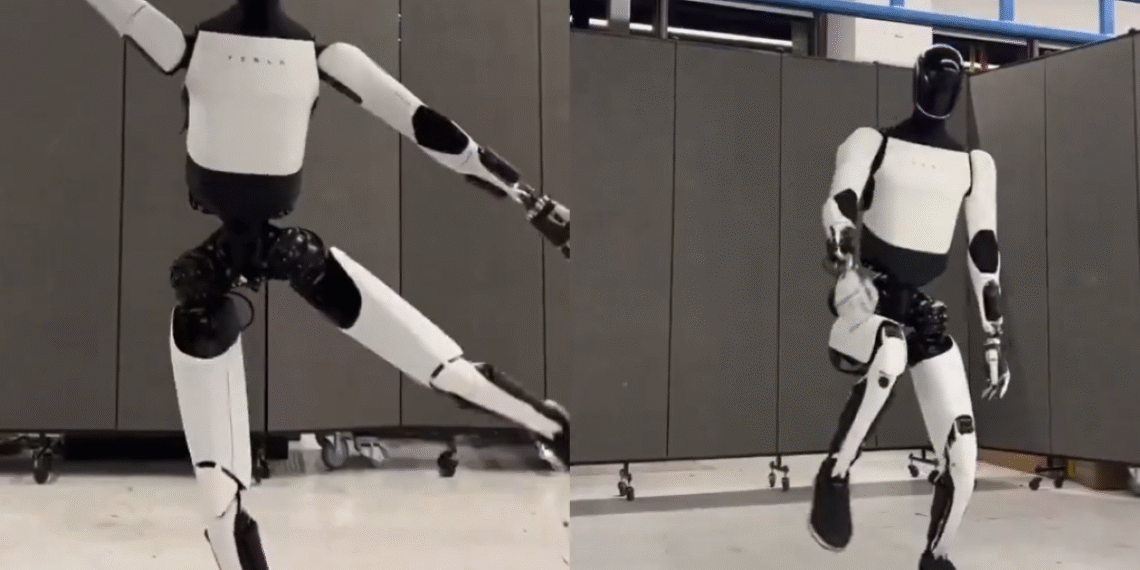Select Language:
iRobot’s founder wouldn’t go near today’s robots with a 10-foot pole
Source: x.com/cb_doge
Rodney Brooks describes the billions invested in creating bipedal humanoid robots as nothing more than an “expensive pipe dream.” He argues that designing robots in our shape is inherently unsafe because larger bipedal machines could turn into bigger walking hazards. Imagine a 10-foot-tall metal-and-polymer giant slipping and falling on you—that’s not far-fetched. Plus, the current energy systems powering these robots can lead to unpredictable behavior, making them dangerous to be around.
More critically, they lack dexterity. Companies like Tesla and others rely solely on visual data to train their robots, while humans learn from multiple senses—touch, sound, sight, and more. Unless we can equip robots’ fingertips with as many sensors as human nerve endings, they’ll never match our level of fine motor skills.
We need to rethink robot design, leaning toward models like Wall-E—a small, wheeled box. Rodney suggests future robots shouldn’t mimic human appearance but instead feature wheels (like Wall-E!), multiple limbs (not like Wall-E), and specialized sensors that don’t function exactly like human eyes or ears.
In other words, we should aim for robots more like Wall-E in the future.
Meta: “Yes, we’ll use your data. No, you can’t opt out.”
 Photo: Reuters
Photo: Reuters
I find it frustrating when big companies keep shifting the boundaries of user privacy.
Meta announced that starting December 16th, what you say to their AI will be used to “personalize content and ad recommendations.” And the kicker? You can’t opt out.
If this sounds like a move to push the limits of data collection and privacy, it’s because it is.
Meta claims they won’t use highly sensitive information—like religious beliefs or sexual orientation—for ad targeting. However, numerous reports show that people tend to overshare with AI, and there have been incidents where ChatGPT and Meta’s systems have posted private conversations publicly or had them appear in Google search results.
This isn’t limited to the Meta app. It extends to any Meta product: smart glasses can record your surroundings, capture your voice, and use that data to push targeted ads or content.
And let’s be honest, we’ve known they’re always listening and recording. Their direct admission is a new level of audacity that should raise alarms for everyone.
Bringing Lego to life (think Game Boys)
 Source: x.com/natalie_thenerd
Source: x.com/natalie_thenerd
The Lego Game Boy was released on Wednesday, and when X user @natalie_thenerd saw it, she said it was like flipping a switch inside her mind, as if a sleeper agent had been activated.
Within less than a day, she managed to convert the Lego version into a mostly working Game Boy. By designing a custom printed circuit board that fits behind the screen using a tiny CPU with its own RAM, she’s not just emulating games—she’s using actual original chips. The entire circuit fits inside a space smaller than a Dot-Matrix Game Boy cartridge.
It’s “mostly functional” because, although the buttons can be pressed, they don’t send inputs yet. No footage of gameplay exists so far, but based on what she’s created, it’s only a matter of time before a fully operational version appears.







